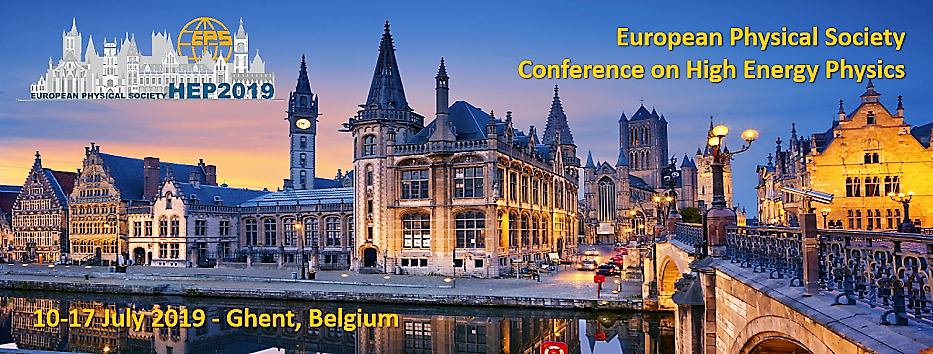Speaker
Description
We study manifestations of the Melosh spin rotation effects in diffractive electroproduction of heavy quarkonia off a nucleon target.
The quarkonia wave functions are determined within the Schroedinger equation based formalism using realistic potentials, which describe the interaction between heavy quark and antiquark.
The large importance of the Melosh spin transformation is analysed within the color dipole approach using several popular parametrizations of the dipole cross section.
We find that a strong onset of spin rotation effects in 1S charmonium photoproduction, obviously neglected in present calculations, contributes to obtaining a reasonable agreement with available data
For the photoproduction of radially excited 2S (3S) quarkonia these effects are even stronger as a direct manifestation of the nodal structure of their wave functions (the node effect).
They lead to a rise of the $ \Psi'(2S) $ photoproduction cross section by a factor of 2-3 causing so a substantial enhancement of the $\Psi'(2S)$-to-$J/\Psi(1S)$ ratio of the photoproduction cross sections to the values close to experimental data.
However, for the radially excited bottomonia $\Upsilon'(2S)$ and $\Upsilon''(3S)$, they enhance the corresponding photoproduction cross sections by a smaller factor of 1.2-1.3 due to a weaker node effect.
Finally, we predict that the spin effects vanish gradually with photon virtuality $Q^2$ with the universal onset in the production of different heavy quarkonia at the same fixed values of $Q^2+M_V^2$.




